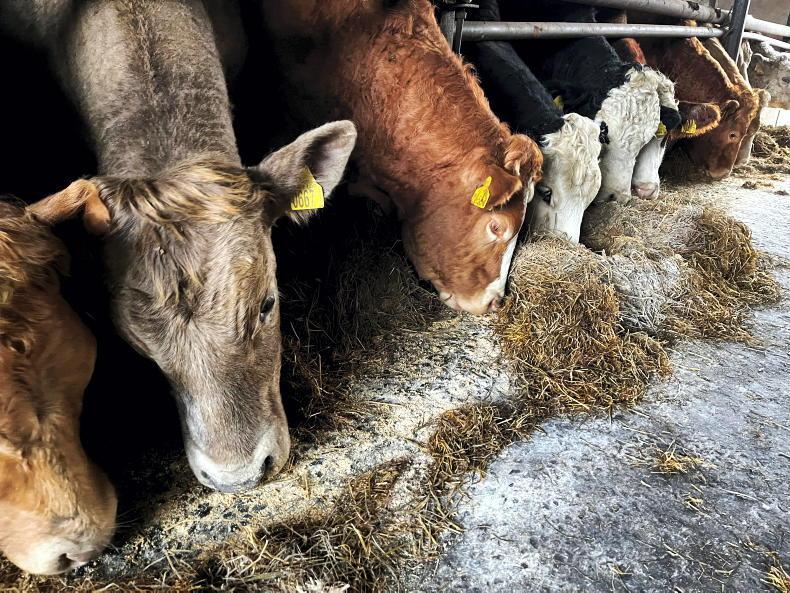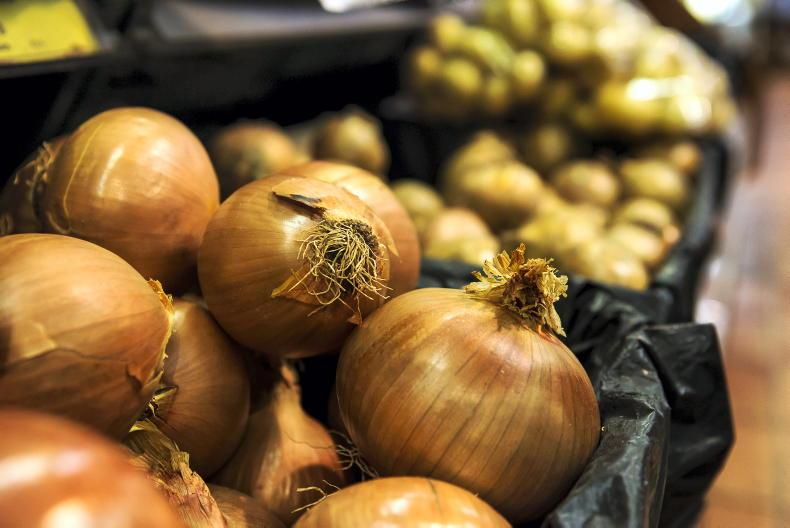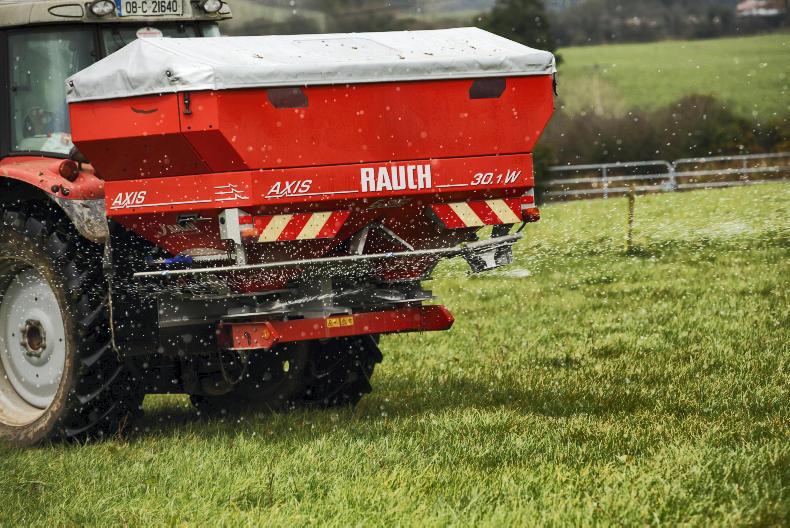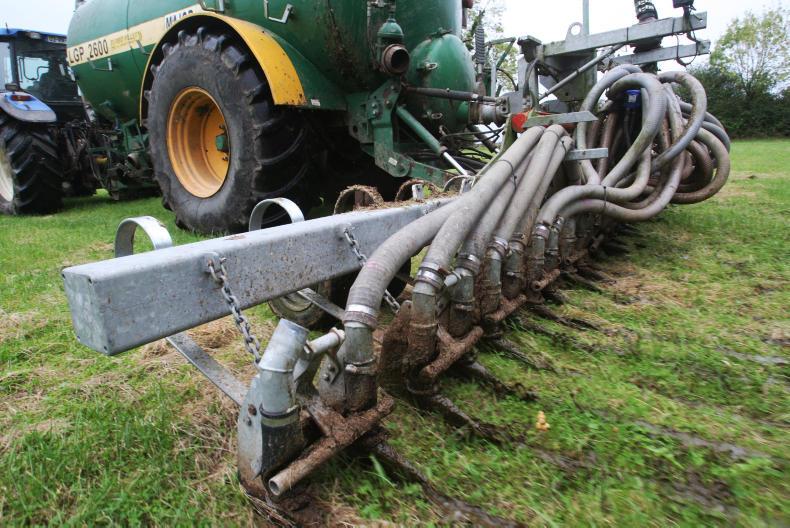All the indications are that the majority of projects applying for grant funding of up to £250,000 in Tier 2 of the Farm Business Improvement Scheme will be from the poultry sector.
According to sources in the main banks, they have received a small number of applications for funding from dairy farmers, a similar number from pig producers looking to expand and a handful of applications from the beef and sheep sector.
However, it is understood that most Tier 2 applications will be from the poultry industry, and in particular the free-range egg sector.
There has been little interest from broiler producers, with much of Moy Park’s recent expansion now complete.
The closing date for applications is 4pm on 10 March, with around 200 applications expected in total.
Egg producers
As well as applications from egg producers supplying established local companies such as Skea, Ballygarvey, Erne and Farmlea Eggs, another player has recently arrived in the NI market keen to expand. It is understood that Bowler Eggs, a free-range egg producer based in Derbyshire, has been recruiting here, and a significant number of Tier 2 applications could be from producers contracted to them.
In general, a 16,000-bird unit is coming in at a cost of £400,000 to £450,000. At the upper level, it would potentially attract a 40% grant of £180,000. Bowler intends taking the eggs back to Britain for packing.
Part of the drive for increased free-range units is related to a decision by major British supermarkets to phase out eggs from caged hens by 2025.
At present, there are approximately 1.8m hens in NI in colony (enriched cage) systems, accounting for 36% of all birds – the future for these units remains uncertain.
Meanwhile, if the majority of the £25m initially set aside for Tier 2 ends up going on one specific sector, it will lead to questions being asked as to why farmers in other sectors have not applied, and whether future budget allocations should be ring-fenced.
According to Cormac McKervey from Ulster Bank, the timing of Tier 2 has not been good for the dairy sector, given that it has just emerged from a sustained period of low prices.
“For the beef and sheep sector, there are plenty of people who would invest £50,000 to £60,000 to improve and modernise their farms, but with the paperwork and hassle that comes with Tier 2, many have decided that it is not worth it. I just wonder if DAERA could possibly look at a scheme in the middle – somewhere between Tier 1 and Tier 2 – that would be appropriate for these businesses. They are just not in a position to spend hundreds of thousands,” he said.
Tier 1
While the Tier 2 scheme is yet to close, in Tier 1, which closed in December 2016, delivery agent Countryside Services is continuing the process of sending out letters of offer to successful applicants. It is understood that approximately 1,500 will receive offers out of the 3,500 who applied. The scheme has an initial budget of £15m.
On enquiry, a DAERA spokesperson confirmed that about two-thirds of all successful applicants will have received a letter of offer by the end of this week (3 March).
“The priority is to complete the task of issuing the remaining letters of offer to successful farmers by mid-March to enable them to progress with making their investments. Letters to unsuccessful applicants will be dispatched when all letters of offer up to the budget have been issued,” confirmed the spokesperson.








SHARING OPTIONS